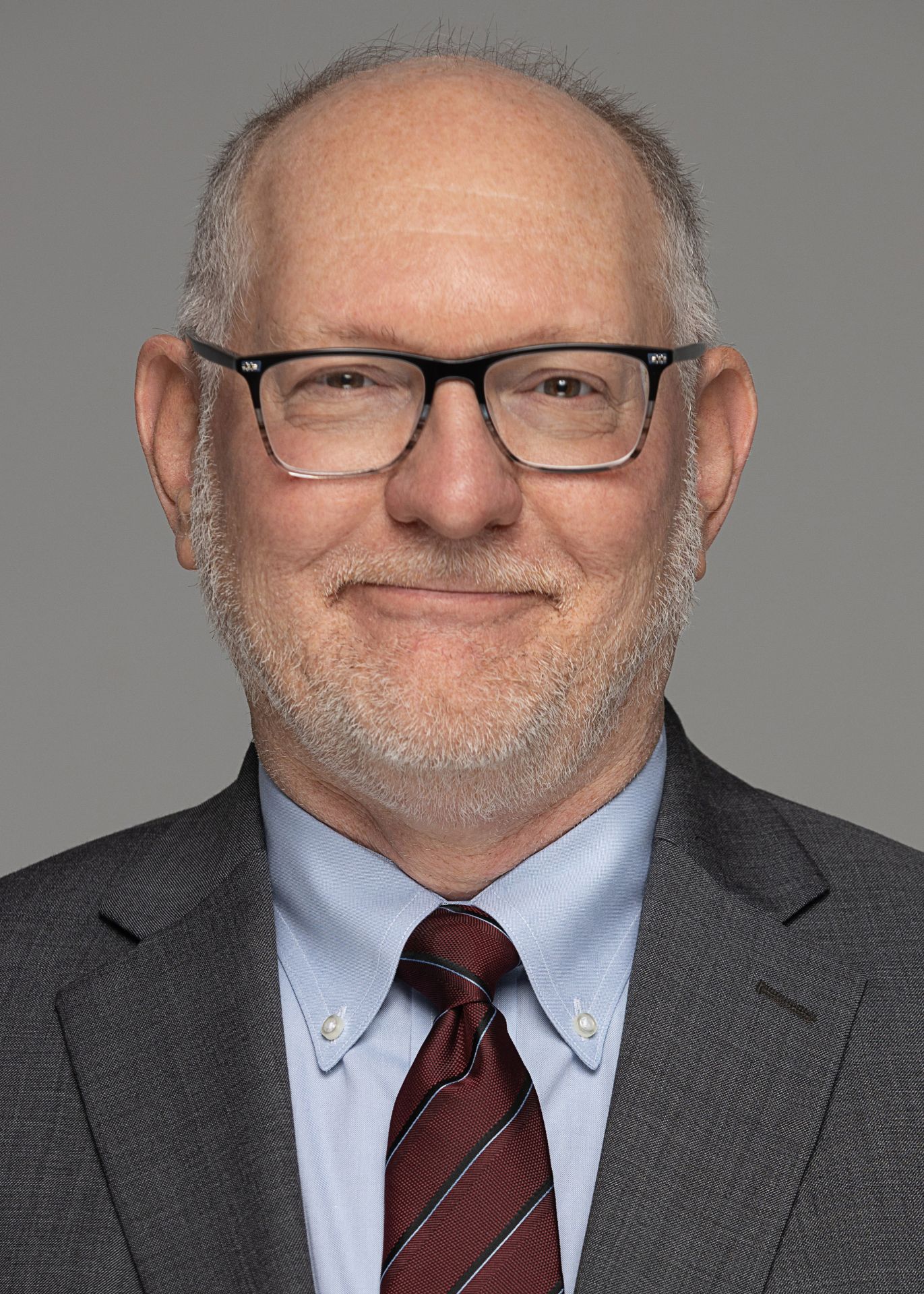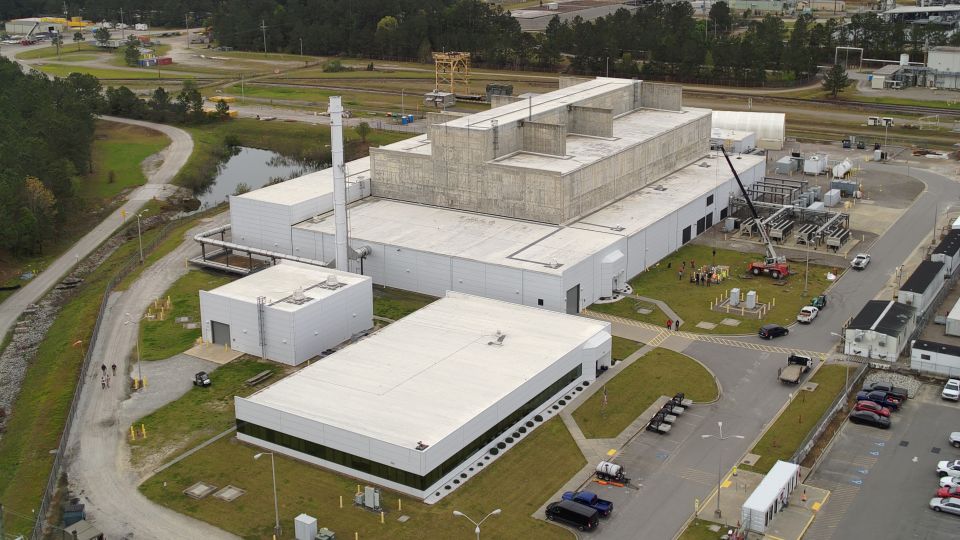The host of the show, Brian Mackey, opened the segment with a soundbite from Illinois Gov. J. B. Pritzker’s press conference where he signed the legislation on September 15. Pritzker said that Illinois “is taking a giant step forward to mitigate the impacts of climate change and establish the most aggressive clean energy standards in the Midwest, supporting the creation of thousands of clean energy jobs.”
Mackey noted that while the legislation did have bipartisan support, the bill did not pass unanimously. Those opposed to it believe it will harm businesses and manufacturers, will cost downstate jobs, and will not end fossil fuel consumption. One Republican senator had said that while Illinois will decrease its carbon emissions, states like Indiana and Kentucky are still relying on coal plants. It was also noted that depending on who is doing the estimating, residents of Illinois could pay anywhere from $2 to $15 more per month for electricity.
The panel discussion: Mackey then turned to the panelists and asked for their views on the legislation. The environmentalist groups are clearly happy with the bill, as Walling listed a laundry list of changes to Illinois’s energy sector. She said the bill means that Illinois will be 100 percent renewable by 2050. “The bill decarbonizes the power sector by 2045, encourages the use of electric vehicles, has programs to support job training for underserved communities, and focuses heavily on environmental justice concerns,” she said.
Denzler was not as enthusiastic as Walling, however. He said that the bill will unfairly burden businesses and manufacturers with the cost to decarbonize the Illinois grid. Not only will costs rise more for businesses than for residences, he said, but there was not enough discussion about the need for reliable electricity. “Manufacturers use one-third of all energy in the U.S.,” Denzler said. “There wasn’t enough discussion about cost and reliability that is needed for manufacturers. Illinois will have rolling brownouts or have to purchase higher-priced energy from out of state.”
That’s where Nesbit joined in the conversation. He voiced his support for the legislation, as it provides financial relief for three of Exelon’s nuclear plants (Byron, Dresden, and Braidwood). He added that “dispatchable nuclear energy actually complements and enables other sources of clean energy that are not as reliable 24/7.” Nesbit agreed with Denzler that entering into these types of transitions needs to be done in a controlled manner. “However,” he said, “the nuclear plants in Illinois have provided a huge amount of clean energy for Illinois and will allow for reliable and clean energy during the transition to renewables.”
The discussion about reliability didn’t end there. Denzler cited a Wall Street Journal article that reported that energy prices in Europe hit record highs after the wind in the North Sea stopped blowing combined with a shortage of natural gas. Having reliable energy is essential, Denzler said, to maintain our economy and heat our homes.
After the panelists discussed the aspects of the bill, Mackey focused on nuclear for the final segment of the show. He started the segment with a statement from a listener who was concerned about the waste created from the uranium fuel. Mackey first let Walling answer the question, Is nuclear power clean? It was not a surprise when Walling said the Illinois Environmental Council “does not view [nuclear power] as clean. It is carbon-free energy, but it has radioactive waste that lasts for thousands of years.” However, Walling did at least take the realistic approach that “looking at the energy sector in Illinois, it is necessary to keep nuclear plants running until more renewables are able to come on line.”
Nesbit then stated that “there is a certain perception of risk that is out of proportion to the actual risk [of living near a nuclear plant], but if you look overall at the actual data, nuclear energy is a very safe means of generating electricity.” He added, “The nuclear industry has a great track record with safely storing radioactive waste for many decades, and there are options for ultimate disposal, but that is locked up like so many issues in our federal political system.”
While it is difficult to make progress with listeners about the benefits of nuclear in such a short segment, it was positive to hear the host and the panelists endorse keeping nuclear power plants on line (even as a bridge to more renewables, as begrudgingly stated by Walling). It was refreshing to hear from others outside the nuclear community that, realistically, there is no way to decarbonize and provide reliable power without nuclear, especially in Illinois, where nuclear currently provides over 50 percent of the carbon-free electricity.


-3 2x1.jpg)



